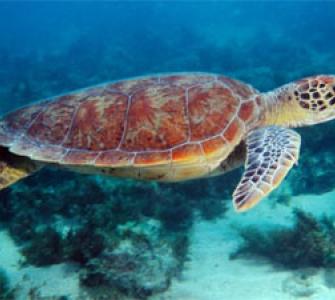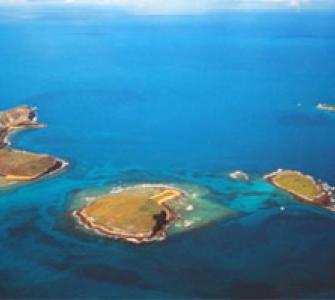Conservation Strategy Fund (CSF) conducted economic valuation research of Marine areas in Belize, Panama and Brazil. This work was supported by Conservation International’s Marine Management Area Science program. Valuation of ecosystem goods and services was carried out within three formally protected marine areas: Gladden Spit (Belize), Coiba (Panama) and Abrolhos (Brazil).
Marine management challenges in most developing countries include the combined effects of over fishing, tourism and global changes affecting the health of coral reefs and other habitats, proposals of large-scale development projects (e.g. hotels), the lack of a precise identification of user-groups, resources being exploited legally and illegally within MMA and in candidate-sites for new MMAs, incipient social organization of MMAs’ beneficiaries, chronic and endemic poverty, social marginalization of fishermen and other groups that rely on natural resources extraction, weakness of institutional structures and incentives for protected areas, drug smuggling, among others. In order to be effectively addressed, these threats need to be more deeply understood.
The objective of our work in Brazil was to quantify economic values of ecosystems comprising the Abrolhos reef and to describe the distribution of these values amongst the local fishing industry. These figures will be used as a basis to promote policies that reinforce protection of the Abrolhos reef and its natural resources and that subsidize commercial agreements that promote economic and environmental sustainability of the local fishing industry. In particular, we sought to quantify economic benefits derived from mangroves, both within the system and in adjacent reef ecosystems. We also made projections of the long-term benefits of fisheries management in the extractive reserves to inform local management decisions, hopefully encouraging active management of the resource and discouraging overfishing.
Some significant findings:
Protected areas help safeguard resources that form the basis of economic activities such as fishing and tourism in places like the Abrolhos Bank. In fact, these activities represent at least 8% of GDP in this region’s dynamic economy.
This study provides a basis for monitoring economic return in the Abrolhos National Marine Park. We measured the net income of fishermen and the additional value that tourists attach to protecting the park. Both fishing and tourism have a positive economic return to the region. We found that a group of about 420 working fishermen have an average net income of R $ 1,778 monthly. Currently, tourism contributes about $US 50,000/year in direct income to the park.
The values we measured almost exclusively benefit the Brazilians, because almost all the fishermen, traders, and tourists who utilize the area are citizens of the country. The methods used here show a real contribution to the welfare of society and the Brazilian region of Caravelas, even if these values are not reflected in market transactions - that is, the case of "surplus" of satisfaction received by tourists.


